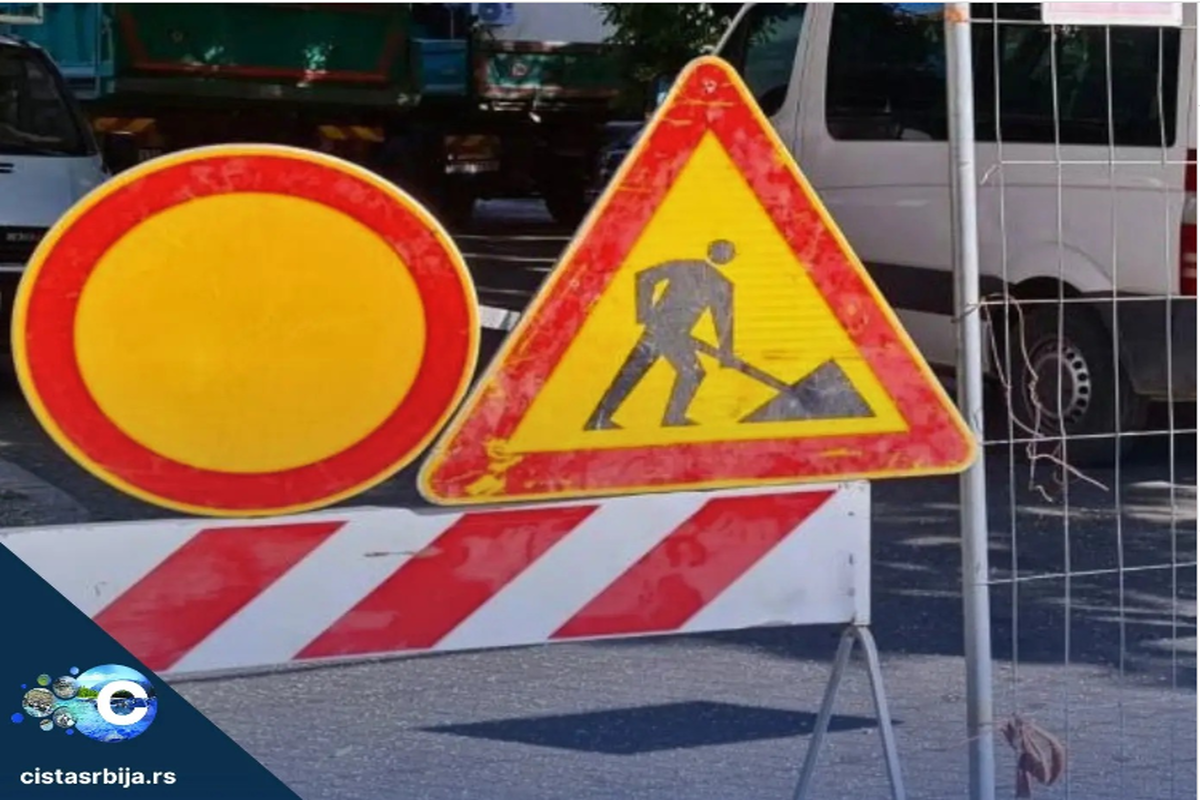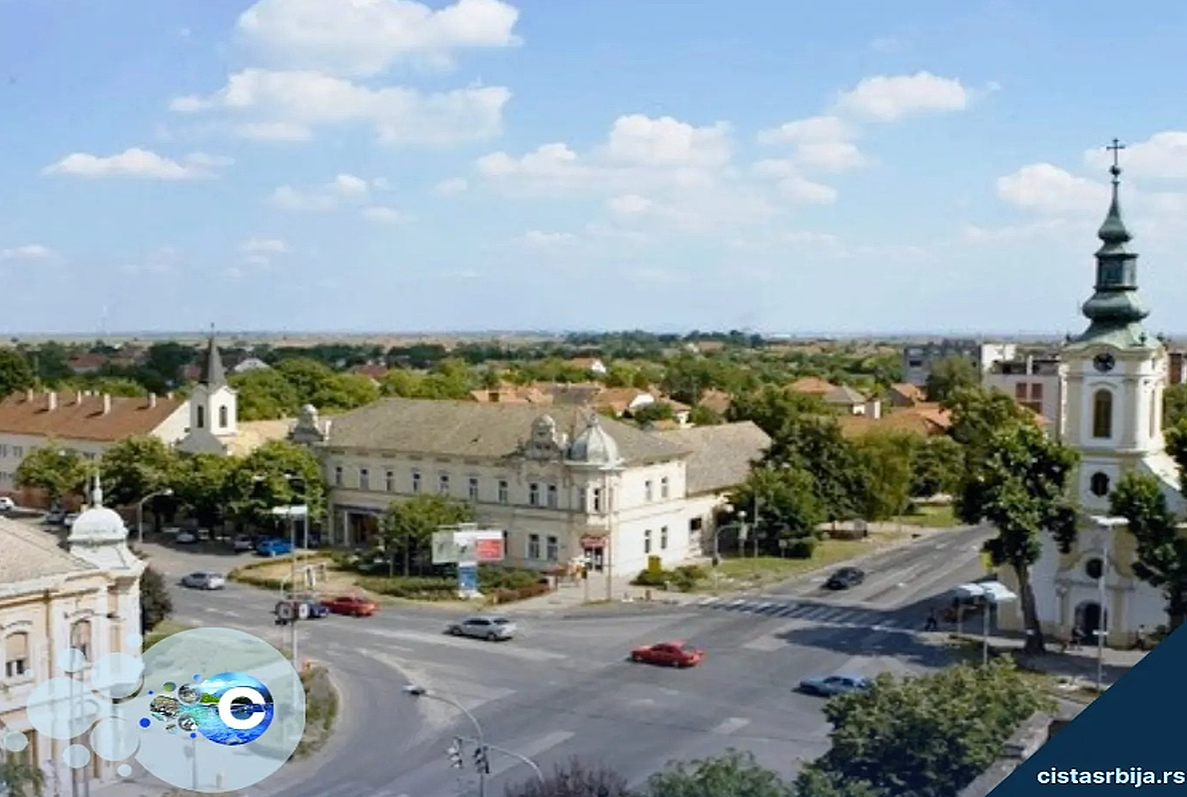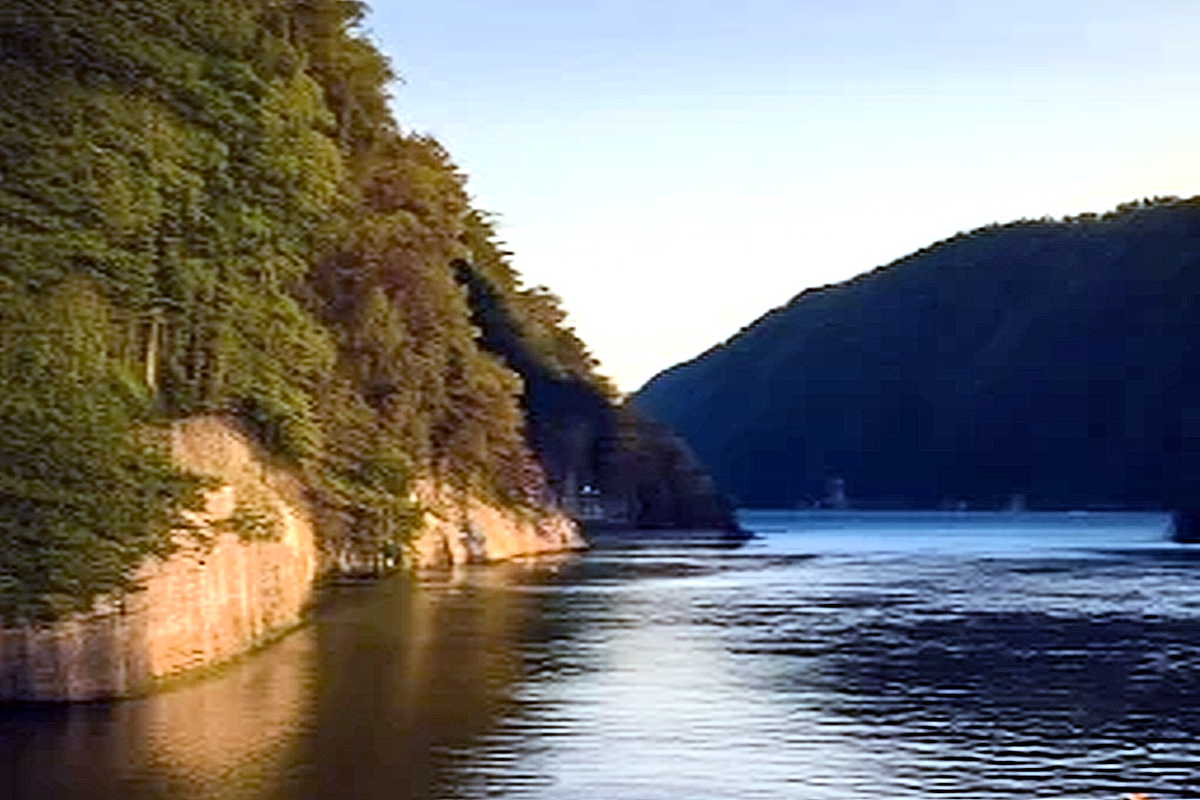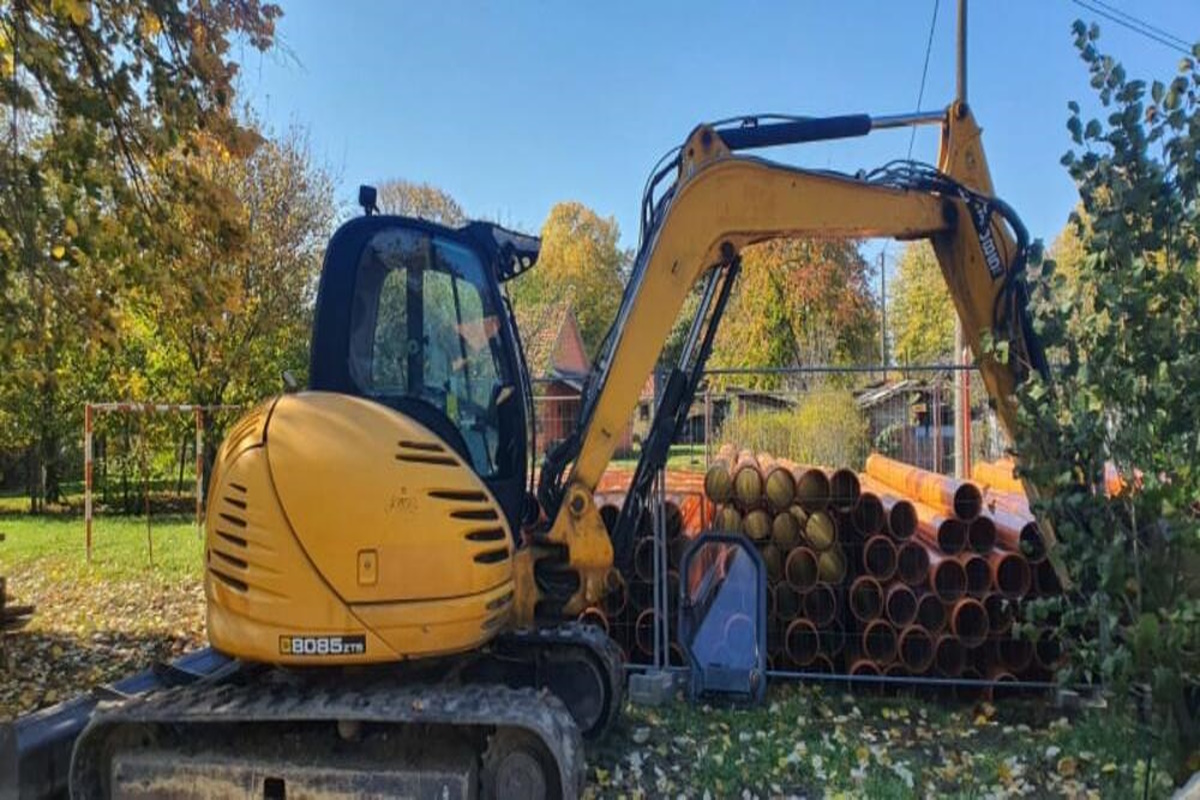As part of the project “Clean Serbia” on the territory of the municipality of Obrenovac, works on the installation of a sewage network in the local communities of Ratari and Brgulica have begun.
On the territory of these local communities, about 14 kilometers of sewage network will be built, and work is also being done on the waste water treatment plant, said Branko Matić, director of the PUC “Vodovod”.
14 kilometers of new sewage network will be built in the area of the local communities of Ratari and Brgulica, as well as a wastewater treatment plant. These jobs should be completed in 12 months, and the value of the investment is over 263 million dinars. We owe our gratitude for this project to the President of the State, the Government of the Republic of Serbia, the City of Belgrade and the City Municipality of Obrenovac, because they participated in the realization of the idea to ensure the same conditions for life in the city and in the countryside and thus retain as many people as possible in rural local communities. – said the director of the Public Utility Company “Water and Sewerage”, said Matić.
The construction of a new sewage system on the territory of the municipality of Obrenovac, along with wastewater treatment facilities, will significantly improve the quality of life in this municipality, as well as the quality of the Kolubara River and its tributaries.
As part of the “Clean Serbia” project, the Ministry of Construction, Transport and Infrastructure, the Chinese company CRBC and PUC Water and Sewerage will build two wastewater treatment plants, one larger facility for 50,000 people and one smaller one in Ratara Municipality for 2,000 people and a completely new sewage infrastructure in the length of over 90 km of the network for the settlements of Zvečka, Barič, Mislođin, Ratari, Brgulice, Krtinska and Urovci.








